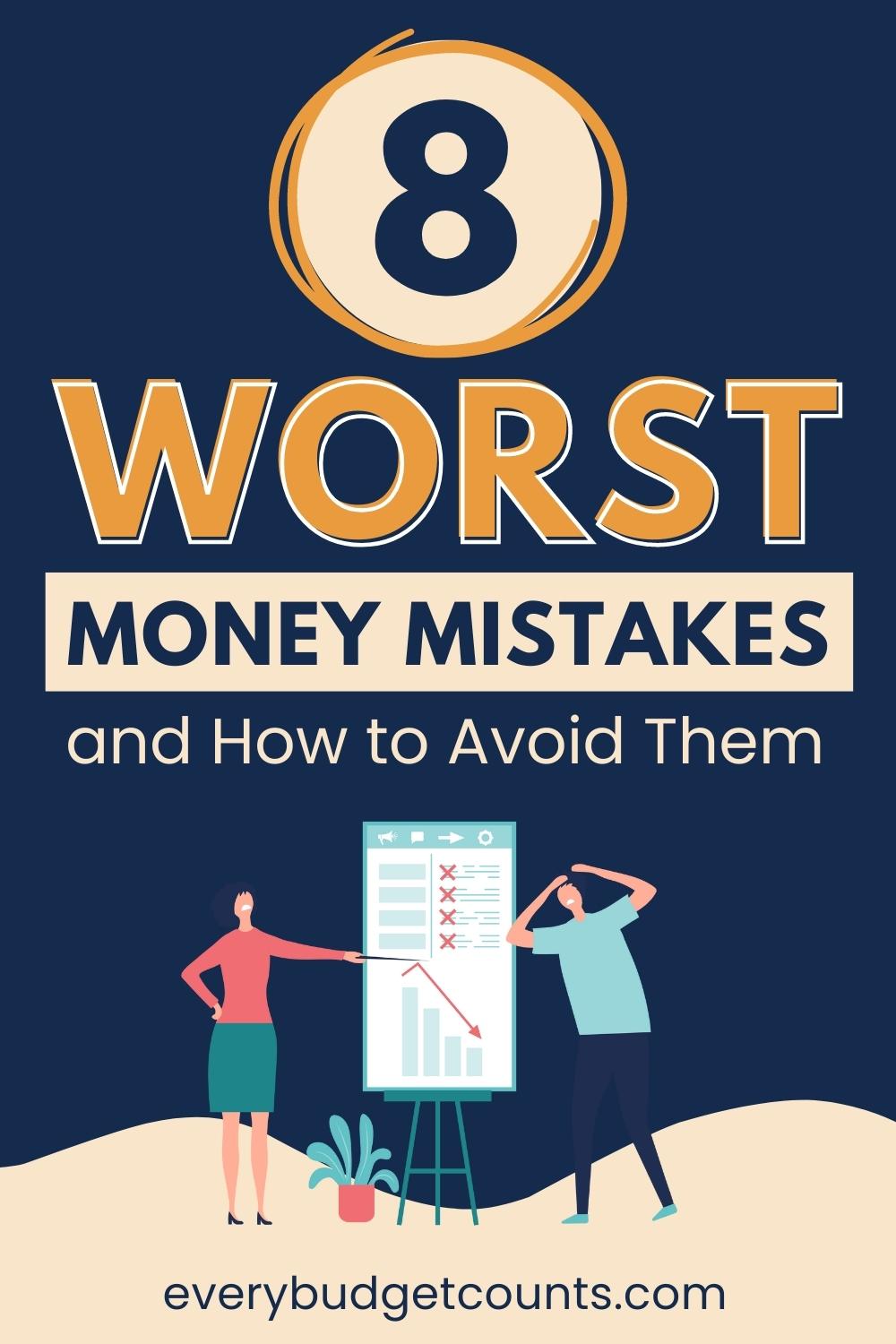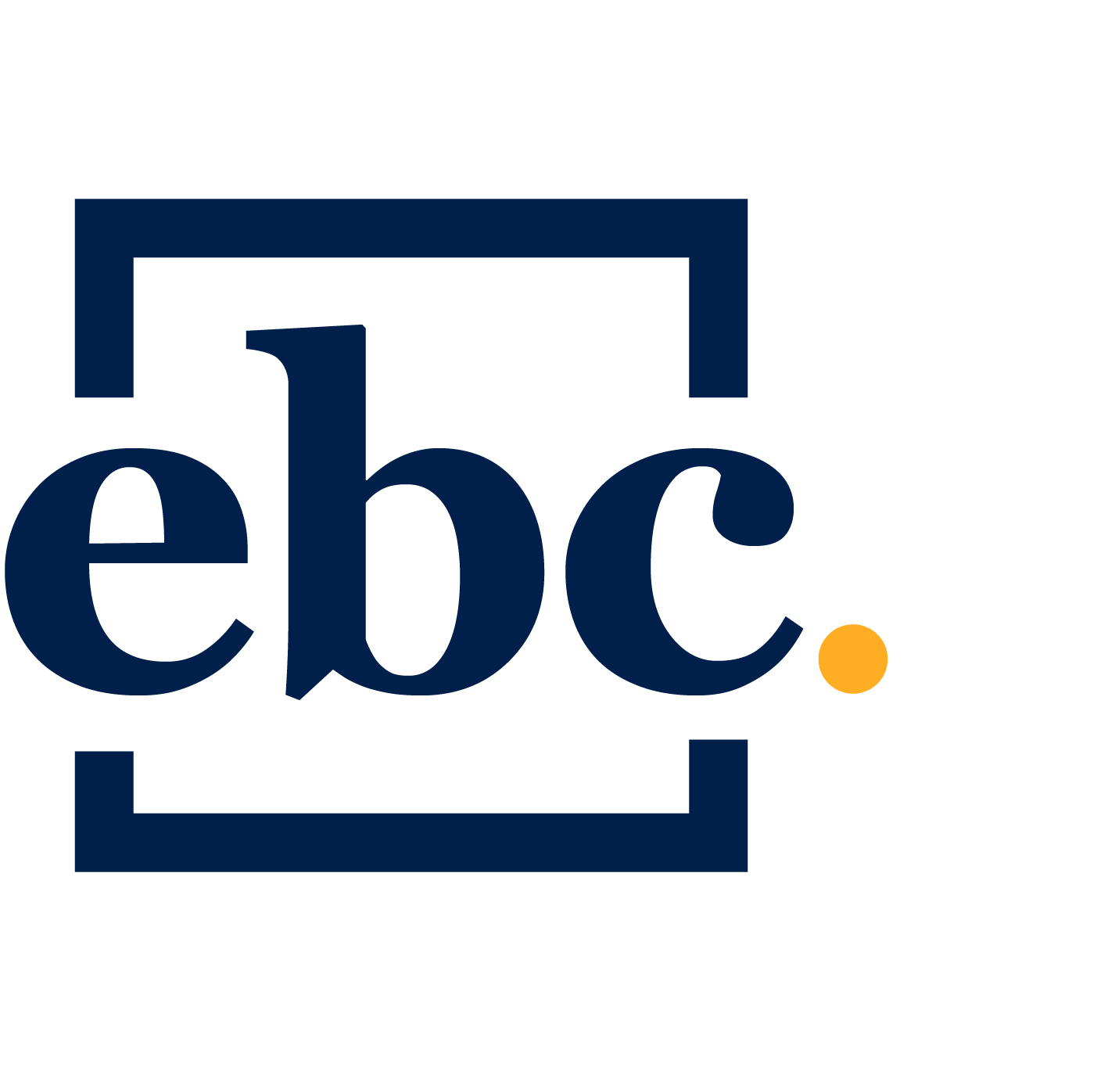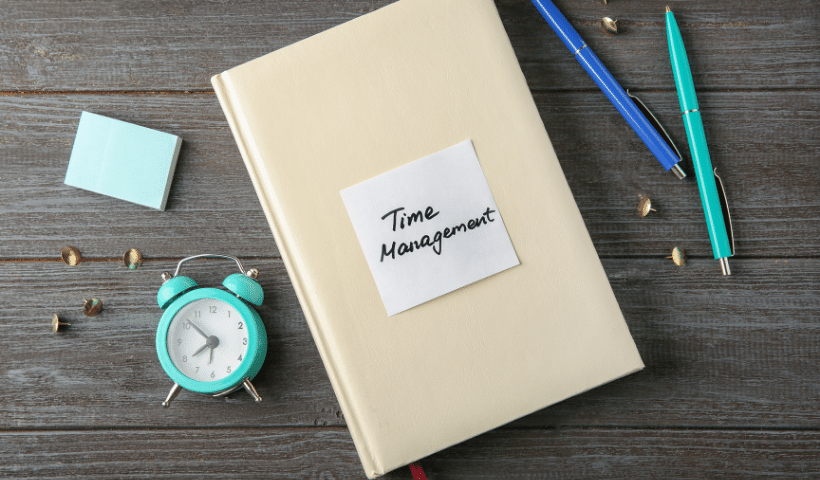Worst Money Mistakes and How to Avoid Them
Written By Jay

What are the worst money mistakes to avoid?
You are probably making one of these mistakes as I write this and perhaps even as you read this. They are incredibly common and seem harmless enough and the thing is, we all make them; even me and even you.
The good news is that with a little self awareness and the right tools, we can kick these bad habits to curb and stop undermining our progress.
What exactly are these mistakes? Some may seem obvious and some may surprise you but bear with me. Small habits make big changes, good and bad. That means small things that we do can work against us in a big way as we work toward financial freedom. It also means that we can undo these and change course with just as small, but positive, changes.
Worst Money Mistakes: Table of Contents
Put a stop to sneaky expenses
I am aware that this may seem painfully obvious. The fact is, we all spend and, of course, a lot of it is necessary. In this post, I will be focusing on the unnecessary spending that we all do.
In the end, we don’t need much to survive. Some food, water, shelter, and the required things to accomplish those goals, and we are good. Even if you are unwilling to drastically alter your lifestyle, and I don’t blame you, these things are simple, easy to implement, and in a lot of cases, things that you are paying for but don’t even use.
1. Coffee (and eating out)
Sneaky expenses are the ones that you don’t really realize you are spending money on. You may think to yourself, “I only go to Starbucks sometimes,” and maybe you are right but let’s just do some quick math.
Let’s assume the average drink purchased is $5. That’s $150 a month if you only buy one drink and nothing else. Sure, maybe you only get one drink a week. That’s still a substantial $20 a month and if you’re like me, there always seems to be an extra treat added on to my order.
These seemingly small expenses add up. $20 a week is $1,040 a year. Do you spend on anything else, like regularly eating out? Take some time to go over how much you spend each month on things like eating out, getting coffee, and other “extras.” These are easy areas to reduce spending while not making drastic changes.
2. Subscriptions
Netflix, Hulu, Spotify, Disney+, Amazon Prime, Scribd, and Audible are just a few examples of the countless available subscription services that seem so affordable. These average between $5 to $10 a month and are often leftovers from a forgotten free trial.
Don’t get me wrong, when strategically implemented, some of these subscriptions can save you money versus paying for cable, for example. However, I highly recommend performing a subscription audit to find these unused subscriptions that you are paying for and cancel them. You can download our subscription tracker to help you easily go through and get rid of unused subscriptions that are literally eating away at your savings potential.
Another, often overlooked, monthly expense that is all too often unused is a gym membership. The truth is, few people require a gym membership to get and stay in shape. If you are actively using yours and find it a positive environment to work out in then by all means, don’t let me stop you. But if you can’t remember the last time you used yours, perhaps cheaper alternatives should be considered.
I work out at home and really enjoy not needing to wait for equipment. Also, you really don’t need much, if anything, to get a good workout at home. Some of the money you save from canceling your membership could even be put toward some basic items for home use, like a pull up bar.
3. Spending more as you make more money
This one is difficult. After all, we work hard to make more money so that we can live better, right? Often this is the mindset that people have and I can’t blame them, especially if you’ve come from not having a lot growing up. I can relate.
This, however, is not the mindset that will help you achieve your financial goals.
Spending less money is effectively like getting a raise. If you combine that strategy with actually getting a raise, you will be in a much better position than if you spent more. Ask yourself, are those clothes really worth it?
Adopting a good financial mindset is crucial to your success. This doesn’t mean you can’t treat yourself sometimes, but it does mean being aware of your habits and being honest with yourself regarding your spending.
Not doing the basics
The basics, or the fundamentals, are absolutely necessary to achieve financial success. Think of these as the foundation of your financial house. Without it, you’re only setting yourself up for failure later on.
4. Not setting up an emergency fund
You’ve heard it before and that is because it is important. An emergency fund is like a safety net for the unexpected things in life. For me, it has always been car trouble but it could be anything.
Being prepared by having an emergency fund set aside will allow you to weather the storm and come out of the other side relatively unscathed.
How much should you have? A common recommendation is $1,000 as this will cover most emergency expenses that may pop up.
Your emergency fund should be your first step saving as it will allow your other savings to be left alone in all but the most dire of circumstances. Make sure it is in an account that you can access easily but leave it alone. The whole point is to save this for emergencies.
5. Not budgeting
No surprises here. What’s the best way to save for an emergency fund and track your expenses? By budgeting.
A budget will keep you in the know regarding your expenses and put you in a position to take charge of your money. Budgeting is planning and failure to plan is planning to fail.
Budgets don’t have to be difficult or time consuming and actually give a real sense of peace and control over your finances. Not sure where to start? Take a look at our post How to Create a Budget for easy ways to get started.
6. Not investing
Once your emergency fund is in place it’s time to invest.
Investing is sort of a vague word. It can mean many things but the general idea is the same. You put money aside that you don’t spend where it will grow over time. This can be in the stock market, bonds, 401k, IRA, etc. The important thing is to start if you haven’t already.
One of the easiest ways to get started is to put money into your employer’s sponsored 401k or equivalent. These contributions will be pre-tax meaning they are reducing your taxable income and so cost less than if you invested the same amount in the stock market, for example. The benefit of doing this is that the money is gone before you get your paycheck and will build up over time without you even noticing.
Think you don’t make enough money to invest? Even a little bit will go a long way and the biggest mistake with investing is not starting. Read our post here to learn how to invest without a lot of money.
7. Not paying off debt or paying off the wrong debt first
Debt is ugly. It is expensive and can weigh us down emotionally and financially. Sometimes it is necessary, such as when buying a house. Let’s be honest, very few people will ever be able to buy a house in cash but that doesn’t mean we should pile on the debt and buy what we can’t afford. The takeaway is to be smart about your debt in order to handle it properly and pay it off as soon as possible.
This means making payments toward your debt regularly. This doesn’t mean putting your savings on hold while you do it. Take stock of your debt. We have a free debt tracker included in our budget planner that you can use to list out all of your debt, interest rates, and remaining balances. You’ll want to pay off your highest interest rate debts first and work your way down.
Small steps make a big difference and starting now is the only way to get out from under your debt.
8. Being passive about your finances
All of this advice is useless if you don’t act. Many people tend to ignore their financial situation either because it is uncomfortable or because it seems like too much to tackle.
Getting started and taking action is the only way to overcome these mistakes and make real progress toward the life you want to live. Progress is made by taking the first step, taking responsibility, and putting yourself in control. Really think about it, if you do nothing what will happen? Nothing.
Isn’t financial freedom worth it? Imagine the life you want to be living, having achieved your goals. How does it feel? Always keep that thought in your mind when you feel like things aren’t working out the way you want. Digging your way out of a bad financial situation is difficult but never impossible. All you have to do is stay the course and be persistent.
You got this!
DISCLOSURE: THIS POST MAY CONTAIN AFFILIATE LINKS AND/OR PAYED PLACEMENT. PLEASE READ MY DISCLOSURE FOR MORE INFO.






0 Comments